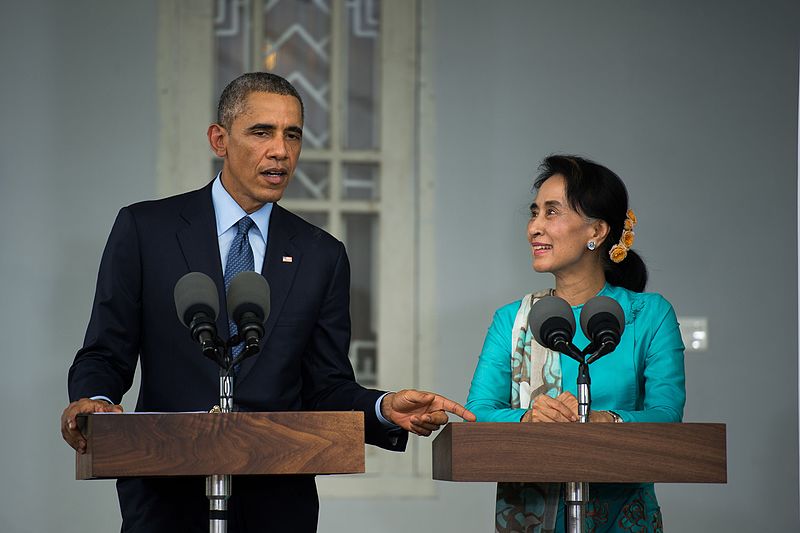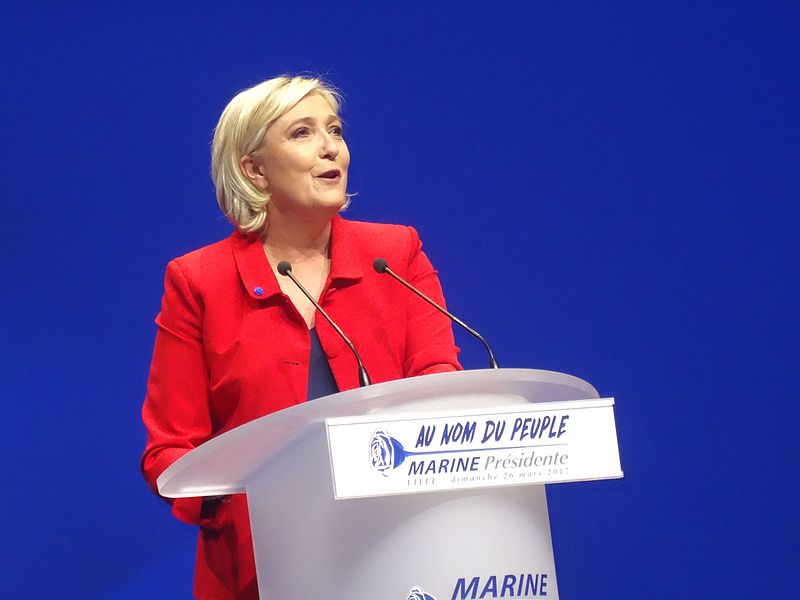Colby Cosh has a bit of good-natured fun-poking at the great and the good of the Canadian Establishment as an honorary Canadian turns out to be presiding over something that might be described as genocide:
Sometimes I am convinced that Canada is a name that will endure through the ages and travel with mankind throughout the galaxy. Sometimes I am convinced that we should be considered exclusively as a subject for absurdist fairy tales, a real-life Ruritania or Grand Fenwick. I guess it goes about 50-50. But I am afraid the emerging controversy over Aung San Suu Kyi’s honorary Canadian citizenship puts us firmly in kooky Zembla territory.
The present State Counsellor of Burma was the fourth person ever to receive this distinction. Now we are talking about withdrawing her honorary citizenship because, as first minister of Burma, she has been heavily implicated in massacres and ethnic cleansing of the Muslim Rohingya people of the country’s Rakhine state.
One in four: not such a great batting average, is it? Our political class devised the highest and most permanent form of honour that could be envisioned for a foreign do-gooder, and literally the fourth person on the entire surface of the planet who was deemed to have met the criteria went and became CEO of a genocide. What does this suggest about the collective judgment of Canada’s elite? You don’t suppose anyone is going to lose a job over this, do you?
[…]
Our prime minister is now spitballing the idea of having Aung San Suu Kyi’s honorary citizenship withdrawn, and one supposes that if this might help save innocent lives, it ought to be considered, even at the price of turning this concocted showpiece institution of “honorary citizenship” into garbage. One of the essential meanings of citizenship is that it cannot be withdrawn, even with due process, even when a citizen has perpetrated unspeakable crimes. “Honorary citizenship” does not confer the legal rights of the real thing, but surely it is at least supposed to resemble the real thing — to represent a commitment of analogous significance and irreversibility as that which we enter into with immigrants taking the oath and joining the club over at the courthouse.
Since honorary citizenship is not conferred by Parliament, it is not clear that it could be revoked by Parliament. Probably an Order-in-Council would do (because, again, no enforceable rights are at stake). If this is done in the case of Aung San Suu Kyi, it seems obvious that we should just put the institution in abeyance for a century or so. Let later generations see if they can manage not to screw up this honorary citizenship thing so thoroughly.





